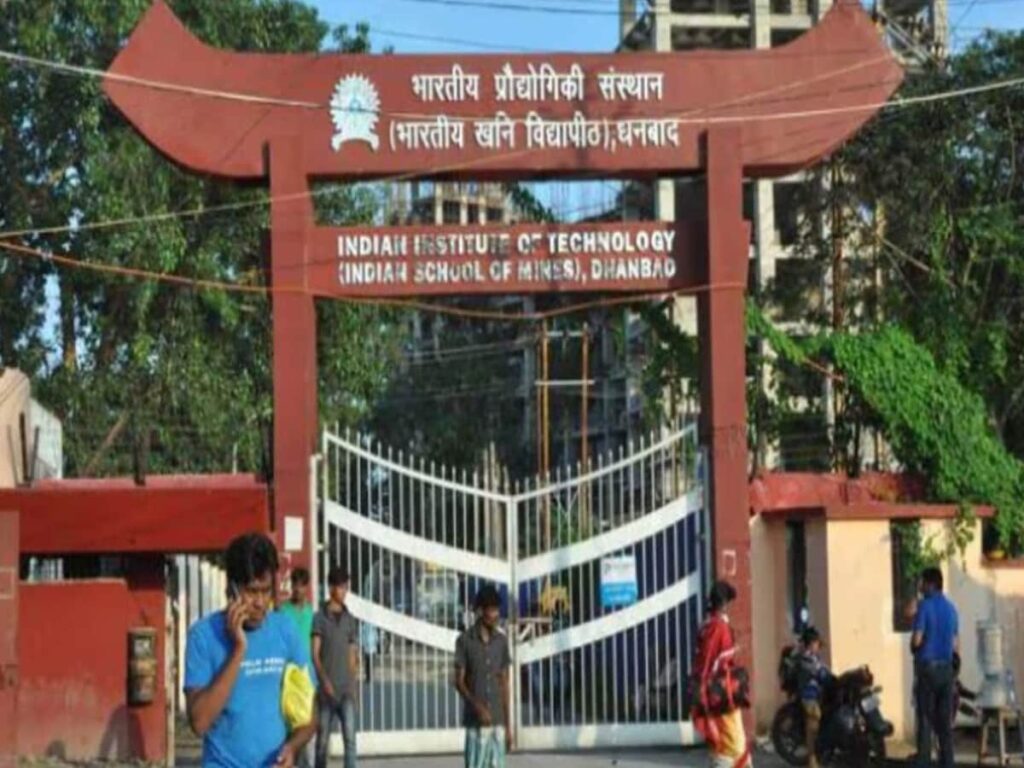In a significant development, the Supreme Court has granted admission to Atul Kumar, a student from Khatauli, in IIT Dhanbad. This decision not only signifies the apex court’s role in upholding educational rights but also highlights the importance of access to premier institutes for deserving candidates.
Importance of Supreme Court Rulings in Education
The Supreme Court of India plays a crucial role in shaping educational policies and ensuring justice in academic admissions. Oftentimes, its interventions help address grievances from students who face systemic barriers in accessing quality education.
Case Background
Atul Kumar’s case revolves around disputes related to admission practices that he appealed against. The court’s ruling reinstates the integrity of the admission process and ensures that deserving candidates are given the opportunities they seek.
Why IIT Dhanbad? A Closer Look
IIT Dhanbad, formally known as the Indian Institute of Technology (Indian School of Mines), is one of the premier engineering institutes in India. It is renowned for its rigorous academic curriculum, cutting-edge research, and an impressive placement record.
| Parameter | Details |
|---|---|
| Established | 1926 |
| Programs Offered | B.Tech, M.Tech, PhD |
| Notable Alumni | Industry Leaders, Entrepreneurs |
| Placement Percentage | Over 90% |
Future Prospects for Atul Kumar
Being admitted to IIT Dhanbad opens a plethora of opportunities for Atul Kumar. The skills and knowledge he acquires there will not only equip him for a successful career in engineering but also allow him to contribute meaningfully to India’s technological landscape.
Community Support and Inspiration
Atul’s journey serves as an inspiration for many students from small towns and rural areas. It reiterates that with perseverance and the right support, achieving academic ambitions is possible, regardless of one’s background.
Conclusion
The Supreme Court’s decision to allow Atul Kumar admission to IIT Dhanbad is a positive step towards ensuring that talented students gain access to quality education. This ruling not only reinforces the importance of fairness in educational admissions but also inspires hope among aspiring students. It showcases that the judiciary has a role to play in educational equity, paving the way for a brighter future for countless students across the country.
